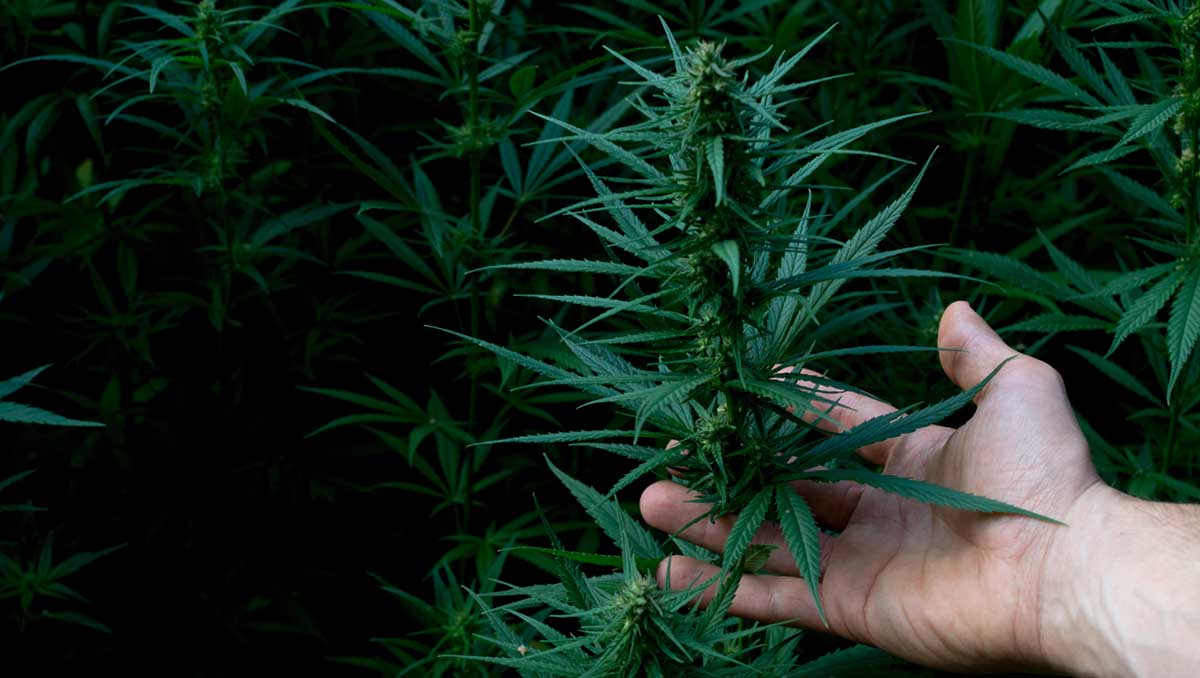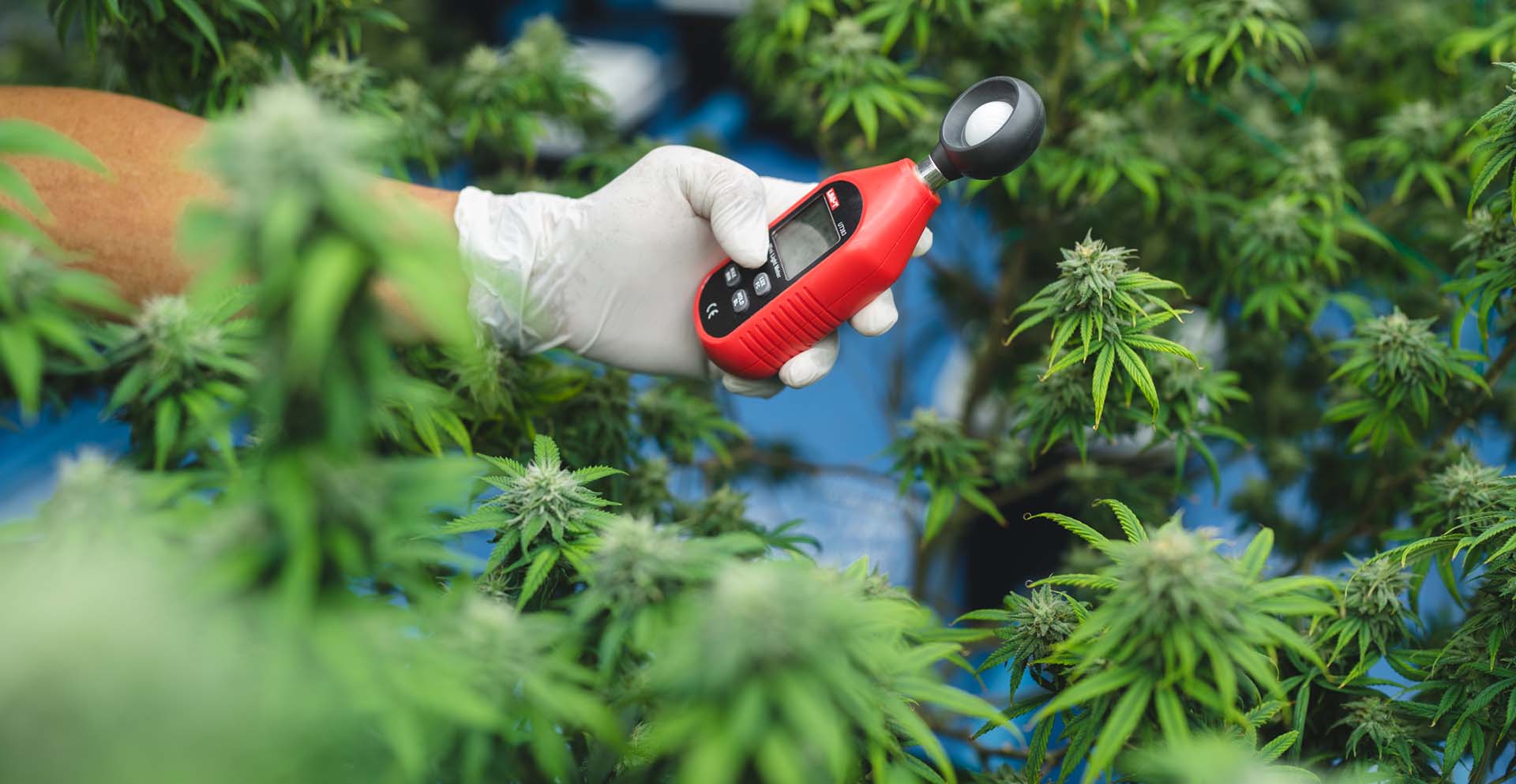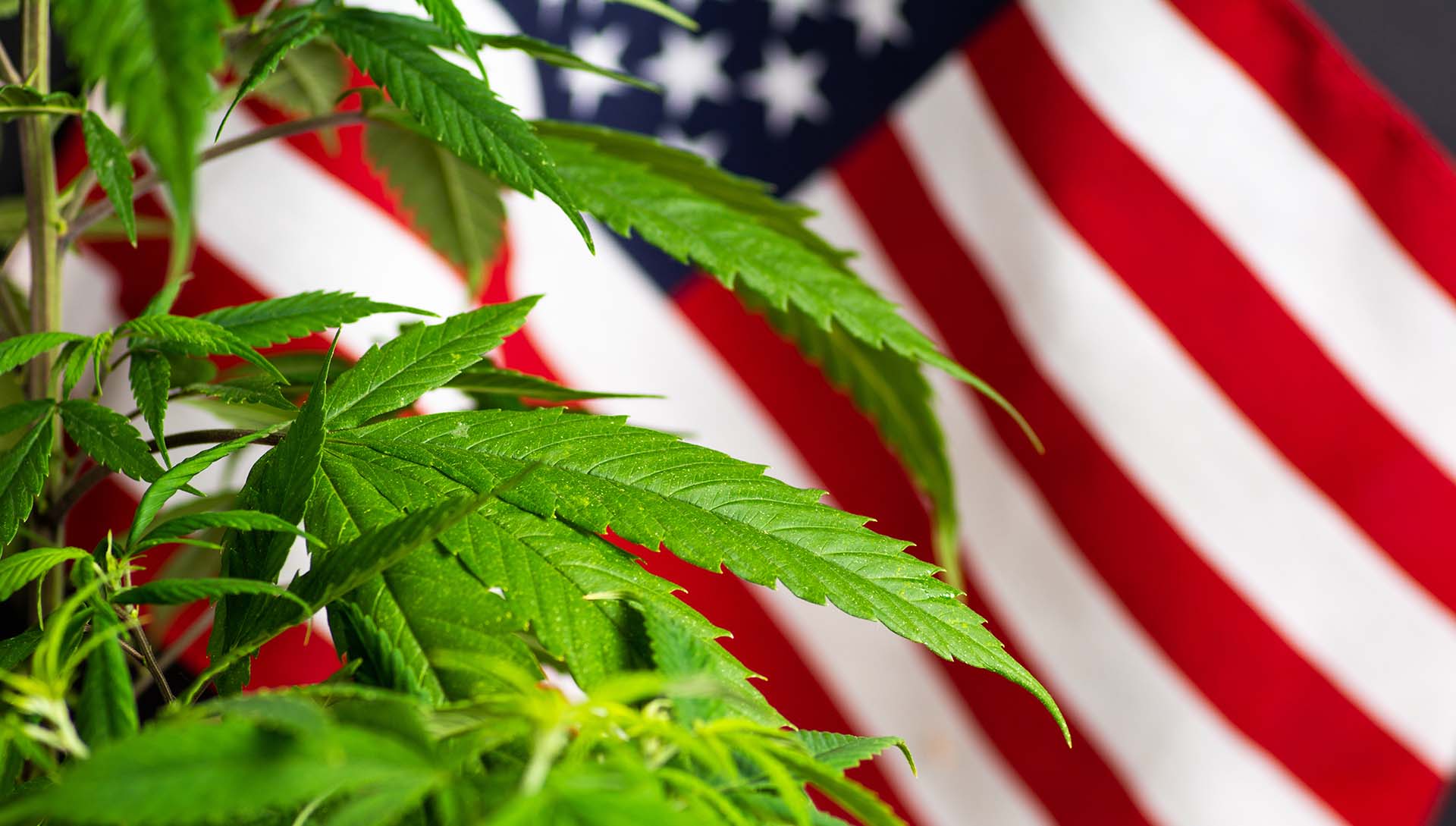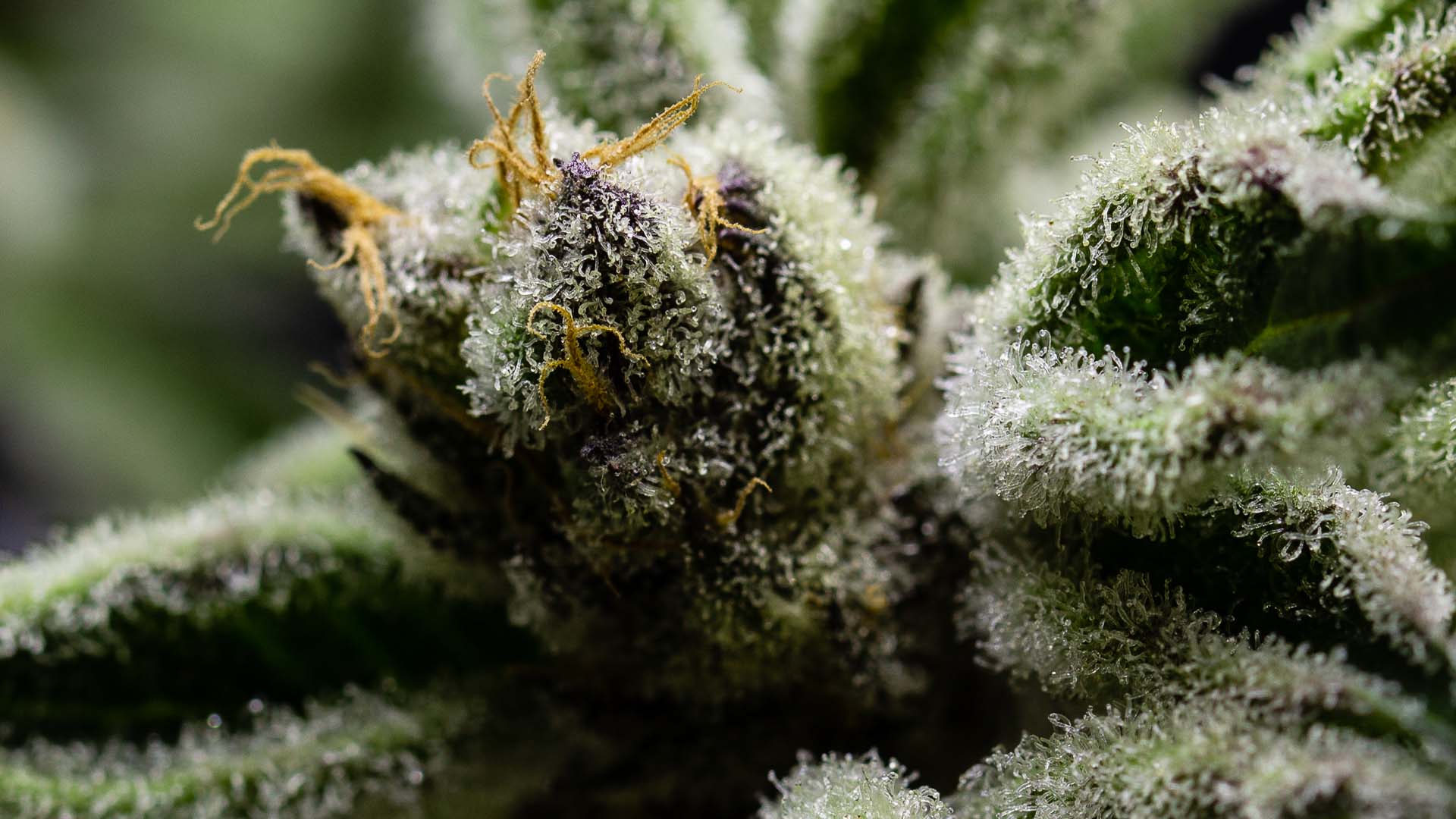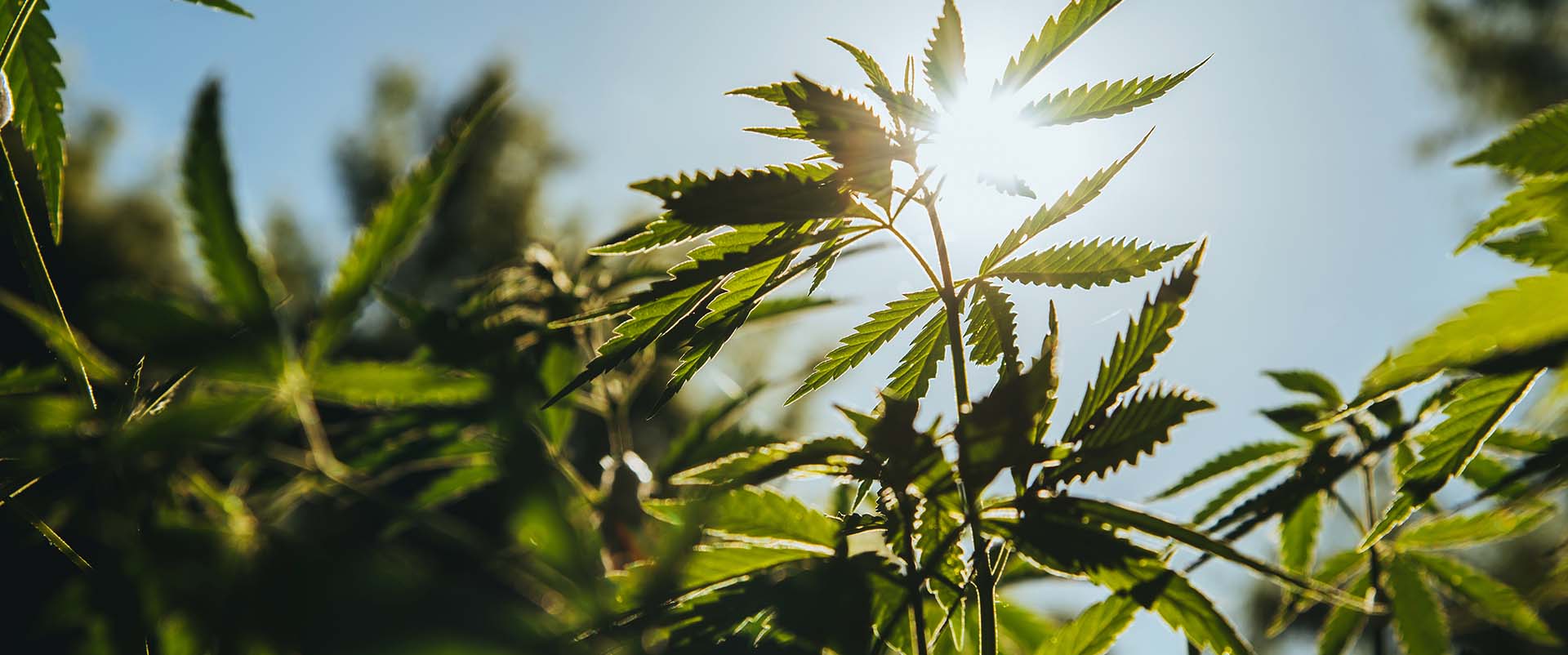Cannabis Business Consultants: Expert Advice for Success
Table of Contents
Have you ever wondered about the incredible growth and potential of the global cannabis industry? It’s a space that is flourishing, offering lucrative opportunities for those willing to dive in. With increased legalization efforts and growing acceptance, the demand for cannabis products has skyrocketed. Whether you’re interested in starting your own cannabis company or exploring diverse career paths within the industry, there’s no shortage of possibilities.
In my journey as a cannabis enthusiast turned entrepreneur, I’ve witnessed firsthand how this once-taboo market has gained mainstream acceptance. The thriving cannabis industry not only presents financial prospects but also allows individuals to make a positive impact on people’s lives. From craft cannabis cultivation techniques that yield higher yields to innovative business models, the possibilities are endless.
So if you’ve been considering entering the exciting world of cannabis, now is the perfect time to explore what the booming cannabis industry has to offer. Get ready to embark on an adventure filled with innovation, growth, and endless possibilities.
The Role of Cannabis Business Consultants
Cannabis business consultants play a crucial role in guiding and supporting entrepreneurs in the cannabis industry. They offer expert advice tailored to the unique needs of cannabis businesses, helping them navigate complex regulations and ensure compliance with local laws.
These consultants bring their extensive knowledge and experience to optimize operations and maximize profitability for cannabis entrepreneurs. Here’s how they make a difference:
Expert Guidance: A cannabis consulting company provide valuable insights and guidance based on their deep understanding of the industry. They help entrepreneurs make informed decisions that drive growth and success.
Regulatory Compliance: Navigating the ever-changing landscape of cannabis regulations can be daunting. Cannabis business consultants stay up-to-date with local laws, ensuring that businesses operate within legal boundaries.
Tailored Strategies: Each cannabis business has its own specific challenges and goals. Consultants work closely with entrepreneurs to develop customized strategies that address these unique needs, whether it’s streamlining production processes or enhancing marketing efforts.
Operational Optimization: By analyzing key aspects of a cannabis business, consultants identify areas for improvement. They may suggest implementing efficient inventory management systems or optimizing supply chain logistics to enhance overall operations.
Maximizing Profitability: Ultimately, cannabis entrepreneurs aim to achieve sustainable profitability. Cannabis consultants provide actionable recommendations to increase revenue streams while minimizing costs, helping businesses thrive in this competitive market.
By partnering with experienced cannabis business consultants, entrepreneurs can gain a competitive edge in this rapidly growing industry. With their expertise and support, businesses can overcome challenges, comply with regulations, and unlock their full potential for success.
Licensing and Regulatory Compliance Assistance
Cannabis business consultants offer a range of services to assist entrepreneurs in obtaining the necessary business licenses, required for operating legally in the cannabis industry. With their expertise, they navigate the complex licensing processes and ensure businesses remain compliant with evolving regulations.
These consultants stay up-to-date with the ever-changing regulatory frameworks across different states in the US. By closely monitoring changes in the cannabis license application requirements, they help businesses avoid potential legal pitfalls and minimize risks associated with non-compliance.
The services provided by cannabis business consultants streamline the cannabis licensing process, saving valuable time for entrepreneurs. They guide clients through each step, ensuring all necessary documentation is prepared accurately and submitted promptly. This efficient approach reduces the likelihood of errors or omissions that could delay license approvals.
Moreover, consultants possess deep knowledge of state-specific regulations related to cannabis businesses. They understand the nuances and intricacies of each state’s licensing procedures, allowing them to provide tailored guidance based on individual requirements.
By engaging cannabis business consultants, entrepreneurs can benefit from their extensive experience in navigating licensing challenges. These experts have assisted numerous clients in successfully obtaining licenses across various states. Their track record demonstrates their ability to overcome obstacles and achieve desired outcomes.
Crafting Comprehensive Business Plans
Cannabis business consultants are experts in creating detailed business plans that serve as roadmaps for long-term growth. With their extensive experience in the industry, these consultants understand the unique challenges and opportunities that cannabis businesses face. Here’s how they help entrepreneurs and companies in cannabis space craft comprehensive business plans for success:
Market Research: Cannabis business consultants conduct thorough market research to identify target demographics and analyze competition which is especially important for retail operations. By understanding the market landscape, they can develop strategies to position businesses effectively and gain a competitive edge.
Financial Projections: Consultants work closely with entrepreneurs to develop financial projections that demonstrate the potential profitability of their cannabis ventures. These projections play a crucial role in securing funding from investors or lenders, as they provide insights into projected profits and return on investment.
Strategic Guidance: Business plans crafted by cannabis consultants outline strategic approaches tailored to each organization’s goals and objectives. They provide a clear vision for the future, helping entrepreneurs navigate through various challenges while staying focused on their mission.
Filling Knowledge Gaps: Cannabis business consultants fill knowledge gaps by offering valuable insights into industry regulations, compliance requirements, and best practices. Their expertise helps ensure that businesses operate within legal boundaries while maximizing their chances of success.
Collaborative Approach: Working alongside entrepreneurs, cannabis business consultants take a collaborative approach to crafting comprehensive business plans. They actively involve company stakeholders in the planning process, ensuring that all perspectives are considered and incorporated into the final plan.
By leveraging their expertise and industry knowledge, cannabis consulting services empower entrepreneurs to build solid foundations for their companies’ success. Whether it’s conducting market research, developing financial projections, or providing strategic guidance, these consultants play a vital role in helping cannabis businesses thrive in an ever-evolving industry.
So if you’re looking to enter the world of cannabis entrepreneurship or seeking ways to enhance your existing operations, partnering with experienced cannabis business consultants can be a game-changer. Their insights, integrity, and dedication will help you navigate the complexities of the industry and pave the way for long-term growth.
Marketing, Branding, and Product Development Strategies
Cannabis business consultants play a crucial role in the success of companies operating in this rapidly growing industry. With their expertise in branding, marketing, and product development, they help businesses thrive in competitive markets.
1. Devise Effective Marketing Strategies: Cannabis business consultants understand the importance of reaching target audiences effectively. They develop comprehensive marketing strategies that encompass various channels to maximize brand exposure and customer engagement. By leveraging digital platforms, social media, and traditional advertising methods, these consultants ensure that businesses can connect with their desired customer base.
2. Build Strong Brands: In such a crowded market, building a strong brand is essential for cannabis businesses. Consultants assist in creating unique brand identities that resonate with consumers. Through careful analysis of market trends and consumer preferences, they help cannabis companies differentiate themselves from competitors. This includes developing compelling brand stories, designing eye-catching logos and packaging, and crafting consistent messaging across all touchpoints.
3. Provide Insights into Product Development Trends: Staying ahead of product development trends is vital for sustained growth in the cannabis industry. Business consultants offer valuable insights into emerging consumer preferences and market demands. By understanding what customers want, businesses can tailor their product offerings to meet those needs effectively.
4. Differentiate from Competitors: Consultants guide businesses on how to stand out from the competition by highlighting their unique selling points (USPs). Whether it’s through innovative product features or exceptional customer service, these experts help companies identify areas where they can excel and gain a competitive edge.

Staff Training and Development for Cannabis Businesses
Cannabis business development consultants play a crucial role in the cultivation industry, offering specialized training programs to enhance the skills of your team. By imparting their knowledge and experience, these consultants ensure that your staff is equipped with the necessary tools to excel in this rapidly growing field.
One of the key areas where cannabis business consultants provide guidance is customer service. They train your team on how to deliver exceptional service, ensuring that customers feel valued and satisfied. Consultants also focus on compliance protocols, educating staff about the legal requirements and regulations governing the cannabis industry. This helps maintain a safe and compliant operation.
In addition to customer service and compliance, cannabis business consultants prioritize safety procedures. They train employees on best practices for handling cannabis products, emphasizing safety precautions to prevent accidents or mishaps. By instilling proper safety measures, consultants help create a secure work environment for your team.
Moreover, these experts understand the importance of ongoing professional development initiatives. Through workshops, seminars, and continuous learning opportunities, they ensure that your staff stays updated with industry trends and advancements. This commitment to employee growth not only enhances their skills but also contributes to operational efficiency.
Well-trained staff are an asset to any cannabis business. Their expertise helps streamline operations while delivering top-notch service to customers. Many experienced cannabis consultants and business consultants have witnessed firsthand what works best in this unique industry.
Real Estate and Facility Design Optimization
A professional cannabis consulting firm can play a crucial role in guiding entrepreneurs through the complex world of 420 real estate and facility design for cannabis operations. Their expertise in this area ensures that businesses make informed decisions to maximize efficiency and compliance.
Cannabis business consultants provide valuable insights based on zoning laws and market demand. They help identify suitable locations that align with regulatory requirements and cater to the specific needs of the cannabis industry. By focusing on these key factors, consultants assist businesses in finding spaces that are conducive to successful operations.
Facility design is another aspect where cannabis business consultants excel. They work closely with entrepreneurs to create layouts that optimize productivity while adhering to security protocols. Consultants consider various factors such as square footage, construction materials, and operational flow to ensure efficient use of space.
Legacy operators seeking expansion can also benefit from the services of cannabis business consultants. These experts bring a wealth of knowledge about current industry trends and best practices, helping legacy operators adapt their facilities for success in today’s competitive landscape.
By leveraging data-driven strategies, cannabis business consultants help businesses win in the ever-evolving cannabis market. Their guidance enables entrepreneurs to make informed decisions about real estate choices and facility design optimization. Whether it’s finding the ideal location or creating a functional layout, these consultants are instrumental in shaping the future of successful cannabis operations.
Choosing the Right Cannabis Business Consultant
There are a few key factors to consider. Here’s some advice on how to choose the right expert for your cannabis venture:
Experience within the cannabis industry: Look for consultants who have hands-on experience working specifically within the cannabis industry. This expertise will ensure they understand the unique challenges and opportunities that come with operating in this space.
Proven track record of successful client engagements: It’s essential to find a consultant with a track record of delivering results for their clients. Seek out testimonials or case studies that highlight their previous successes in helping businesses thrive in the cannabis market.
Knowledge of local regulations and compliance challenges: The cannabis industry is heavily regulated, and staying compliant is crucial for success. Evaluate whether potential consultants have a deep understanding of local regulations and can navigate compliance challenges effectively.
Recommendations and testimonials from trusted sources: Seek recommendations from trusted sources, such as other industry professionals or business owners who have worked with consultants in the past. Review testimonials from previous clients to gain insights into their experiences.
By keeping these points in mind during your search for a cannabis business consultant, you can increase your chances of finding an expert who will guide you towards success in this rapidly growing industry.
Remember, finding the right consultant can make all the difference in optimizing operations, and achieving your business goals in the cannabis market. So take your time, do your research, and choose wisely!
The Value of Consultants in the Growing Cannabis Industry
In the rapidly expanding cannabis industry, having the guidance and expertise of a cannabis business consultant can be invaluable. These professionals are well-versed in the intricacies of the industry and can provide crucial assistance in navigating licensing and regulatory compliance, crafting comprehensive business plans, developing effective marketing strategies, training staff members, optimizing facility design, and more. With their specialized knowledge and experience, cannabis business consultants can help you overcome challenges and maximize your chances of success in this competitive market.
So if you’re looking to start or grow your cannabis business, don’t underestimate the value that a consultant can bring to the table. By leveraging their expertise, you can save time and resources while gaining a strategic advantage over your competitors. Whether you’re seeking advice on obtaining licenses or need assistance with branding and product development, a cannabis business consultant can guide you every step of the way. Take action now and explore how partnering with a knowledgeable consultant can propel your cannabis business forward.
FAQs – Cannabis Consultants
Can a cannabis business consultant help me secure licenses for my business?
Absolutely! One of the key roles of a cannabis business consultant is to assist entrepreneurs in navigating complex licensing processes. They understand the requirements set for cannabis licenses by regulatory bodies and can guide you through each step to ensure compliance.
How can a cannabis business consultant help me develop an effective marketing strategy?
Cannabis business consultants have extensive knowledge about marketing trends specific to the industry. They can analyze your target market, identify opportunities for growth, develop branding strategies, and create effective marketing campaigns tailored to your unique needs.
What benefits does staff training provided by consultants offer?
Staff training is crucial for running a successful cannabis business. Consultants can train your employees on various aspects such as customer service skills, product knowledge, compliance regulations, safety protocols, ensuring that they are well-equipped to deliver exceptional service.
Can consultants assist with optimizing my facility design?
Yes! Cannabis business consultants can evaluate your current facility design and propose improvements to enhance productivity, workflow, and compliance. They can help you create a layout that maximizes efficiency and creates a positive customer experience.
How do I choose the right cannabis business consultant for my needs?
When selecting a cannabis business consultant, consider their experience in the industry, track record of success, client testimonials, and areas of expertise. It’s essential to find someone who aligns with your goals and values to ensure a fruitful partnership.





